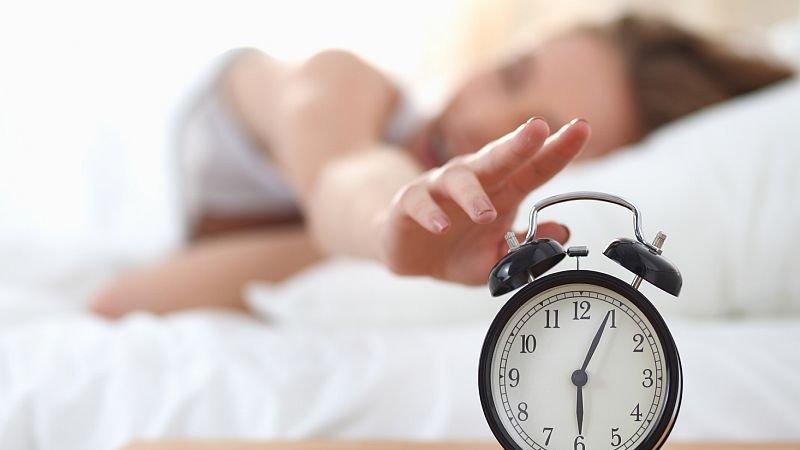
An honorary clinical research associate at Oxford University’s Sleep and Circadian Neuroscience Institute, Dr Paul Kelly, said the sleep deprivation caused due to starting work before 10 am leaves a person's body exhausted and stressed.
Dr Kelly emphasised on the need to change work and school starting time as per the natural circadian rhythms of adults and adolescents as he believes that both toils begin too early. Speaking to the audience at British Science Festival, last year, he said, "Your liver and your heart have different patterns and you’re asking them to shift two or three hours. We cannot change our 24-hour rhythms. You cannot learn to get up at a certain time. Your body will be attuned to sunlight and you’re not conscious of it because it reports to hypothalamus, not sight."
3 easy recipes for a good night’s sleep
"This is a huge social issue; staff should start at 10 am. You don’t get back to [the 9 am] starting point until 55. Staff is usually sleep deprived. We’ve got a sleep-deprived society. It is hugely damaging on the body’s systems because you are affecting physical, emotional and performance systems in the body."
"This applies in the bigger picture to prisons and hospitals. They wake up people and give people food they don’t want. You’re more biddable because you’re totally out of it. Sleep deprivation is a torture. This is an international issue. Everybody is suffering and they don’t have to,” he added.
According to the sleep expert, students in the UK were losing around 10 hours of sleep a week because of being forced to wake up too early. He called for an end to early starts at schools, colleges and universities to “improve the quality of life for whole generations of children.”
“At the age of 10 you get up and go to school and it fits in with our nine-to-five lifestyle. When you are about 55 you also settle into the same pattern. But in between it changes a huge amount and, depending on your age, you really need to be starting around three hours later, which is entirely natural,” he maintained.
Professor Colin Espie, who is leading the sleep study, told The Telegraph, “Your parents think it’s because you’re lazy and opinionated and everything would be ok if you could get to sleep earlier. But science is telling us that teenagers need to sleep more in the mornings. Society’s provision for learning is school, but the brain’s is asleep. So we’re exploring the possibility that if you delay the schools start time until 10 am, it will improve learning performance.”
Dr Kelley, his Oxford University colleague Dr Russell Foster, and Harvard Medical School professor Steven Lockley are leading a research study, called Teensleep, in about 100 GCSE schools to compare how students fare in schools with 9 am start times versus 10 am start times, for the academic year 2016-2017.
Night owls risk dying younger, should sleep in: study
“The science of it says they will perform better. They will sleep more, they’ll have less stress and anxiety, and a lower rate of drug uptake both legal and illegal. I can’t predict how much it will improve their GCSE results but I would put money on it being a statistically significant positive change,” said the Oxford researcher.
He further added, “before the age of 55, the circadian rhythms of adults are completely out of synch with normal 9-to-5 working hours, posing a serious threat to performance, mood and mental health,” and believed that a similar move could also help adult workers.
“Current [sleep] patterns increase the risk of diabetes and schizophrenia. It is no coincident that 70 per cent of mental illnesses starts between the ages of around 11 and 24. A societal change could see students improve their grades, and boost the health and output of employees,” Dr Kelly asserted.

















COMMENTS (5)
Comments are moderated and generally will be posted if they are on-topic and not abusive.
For more information, please see our Comments FAQ